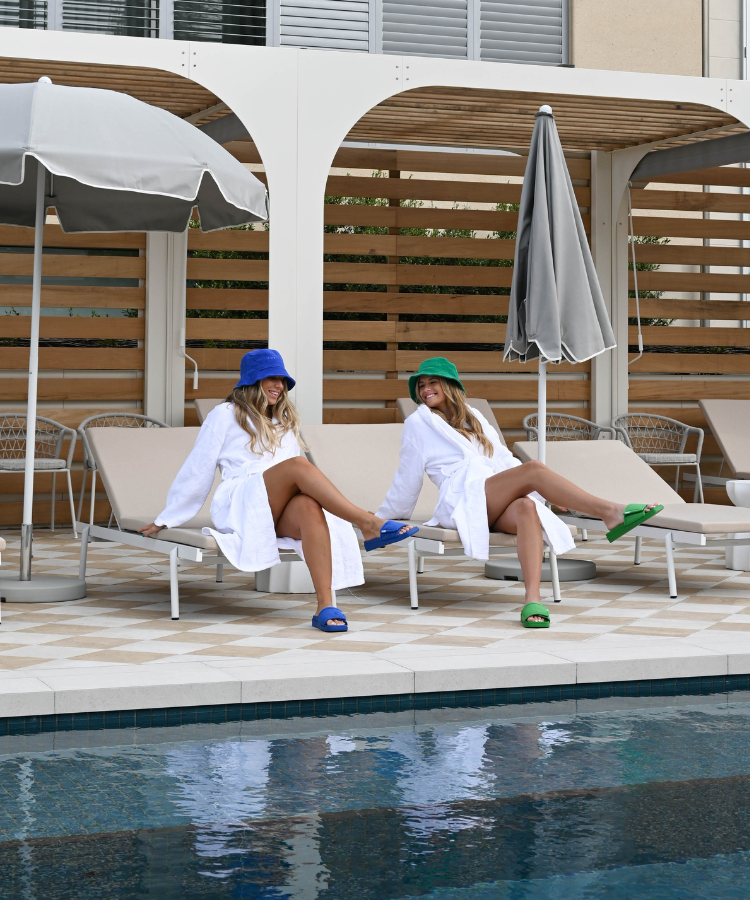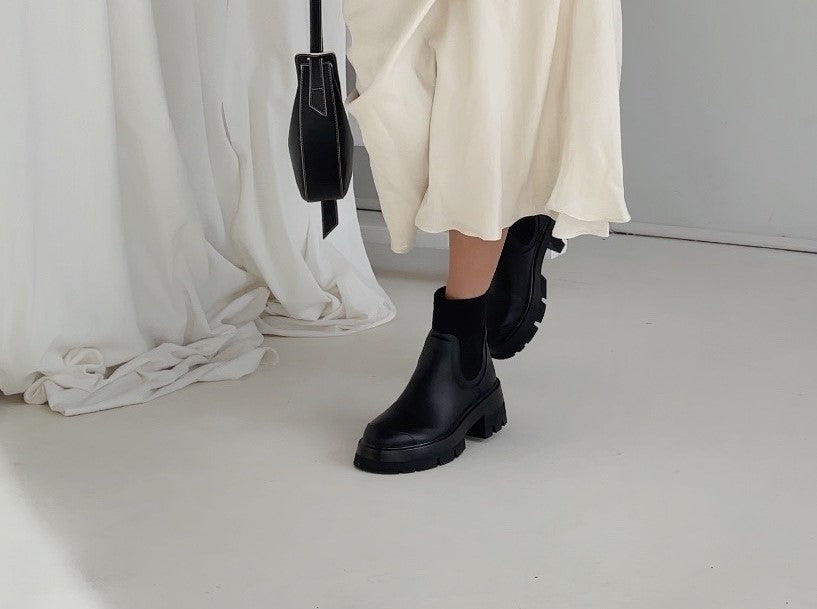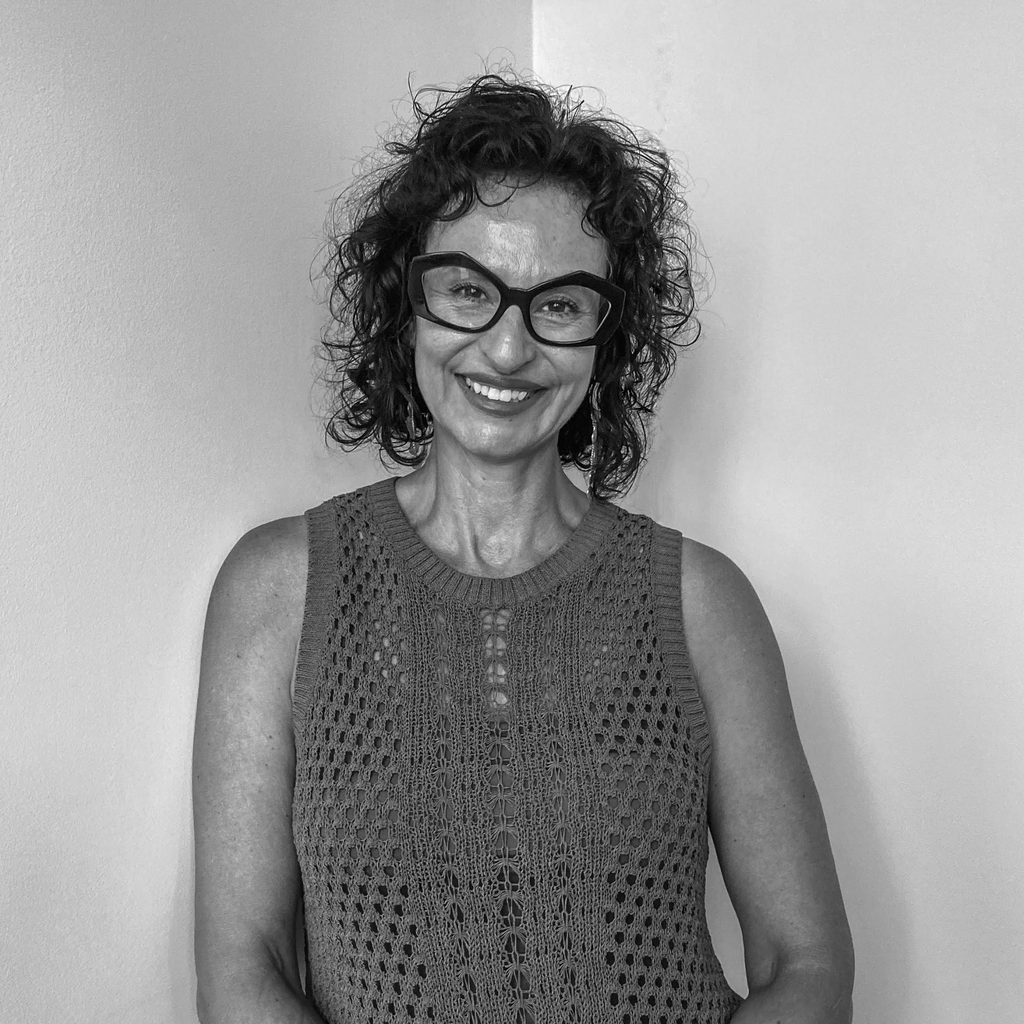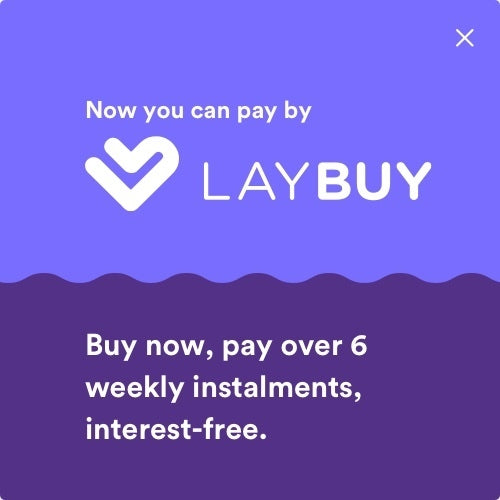with Jeremy Meltzer
Jan 31, 2021

There are very few times when you come across people in your life who really impress you. Who challenge the way you think. Who make you stop and evaluate what you do. Today was one of those days. We sat down with Jeremy Meltzer, the founder of i=Change in what was a fascinating interview. An extremely impressive, thought-provoking leader, Jeremy spoke with us about how he designed a sustainable solution that’s having a positive impact on the lives of over half a million people in communities within Australia and 14 countries around the world. We couldn’t think of a better interview to start 2021.
Jeremy, for those reading this for the first time, can you explain to us what is i=Change?
i=Change is a technology platform that makes it simple for online retailers to give back with every sale to charity projects and receive a measurable return. We have created a user experience that is added to a retailer’s site, such as cherrichella, so they can build purpose into their brand experience and into the customer journey to communicate their commitment to being a force for good as a business.
We love what you have created and always knew that we wanted cherrichella to partner with your company from the early stages of planning our launch. How did you come up with your concept?
In 1998, when I was 21, I lived in Havana, Cuba in a time when no real tourists went there. I had a Cuban girlfriend and through her I met a lot of the local community. Through these connections I very quickly heard about stories of violence which these young women would share about their boyfriends, partners, husbands. I was just shocked that these women thought it was the most normal thing in the world… that that’s just what men did. One day my girlfriend’s ex-boyfriend came after us and we both had to leave Havana on a motorbike. I remember leaving thinking, what the hell is happening? These women think it’s the most normal thing. Where we come from this is a serious crime. I then realised that this is an enormous issue globally and started to research it further as I would travel and meet with NGOs to try and understand a really complex issue which I am still learning more about every day.
When did you launch i=Change and what impact have you made since launching?
We launched in 2014 with a very early stage version of it and tested it on our olive oil site. We saw great engagement and based on those beta tests, we thought what if we could build this solution for other brands. Since then, there have been a lot of iterations and improvements. One of our first clients was a shoe company, Nine West, who helped us test a lot and they were really keen to give back. They were with us for a couple of years and through that we were able to learn a lot and put a number of processes in place.
We have raised over $2.5 million since the launch, which is extraordinary considering the contributions are one dollar per sale. We feel both extremely proud and also a deep sense of responsibility as that’s now a lot of money. We carefully partner with the NGO’s to make sure it will have the greatest impact. There’s a methodology around who we partner with and why and we do that really slow and carefully. We know we have impacted the lives of over 677,000 people now, in Australia and 14 other countries where our impact partners are working and growing every day. It just goes to show that amount of money can have a positive impact. It’s almost like a Robin Hood tax. This is a new funding stream for charitable projects that they wouldn’t have otherwise received. It’s really wonderful to raise this new set of funds and for it to be ongoing and sustainable. The NGO’s can scale-up and know that the money is coming in. This enables them to plan their projects and allows them to focus on doing their life-changing work.
How many retail partners do you now have and what has led to this growth?
We’re certainly growing. We now have over 200 retail partners and counting. I knew we would get there, but I never imagined we would hit that number so soon. There has definitely been a significant acceleration of brands realising they must do something. They must have a broader purpose beyond product and build this into their site as a customer experience with transparency and commitment. Covid has definitely accelerated this but we now see this as a must-have. Customers want to shop brands with purpose.
For those who don’t know, what is an NGO? How does i=Change choose the NGO partners they work with?
NGO stands for non governmental organization. The NGO sector is very large and it incapsulates all kinds of organisations from small charitable organisations to large, what they call iNGO which stands for international NGOs like Worldvision and Save the Children. These are the ones who are working globally, responding to humanitarian crises. It’s a large, quite complex sector. To learn about this space is very interesting (which I’m still learning about). It employs hundreds of thousands of people around the world and the way these organisations are funded often relies on government funding, grants and philanthropy. Not much on the private sector. But that is changing, and we are obviously part of that change within Australia.
How do we choose our partners? What’s generally understood to be best practice is organisations who are deeply committed to creating change in a particular area of development such as ending violence against women or providing a cure for cancer. It’s those organisations that have deep expertise. We partner now with a number of Australian projects. In fact, it’s about half/half – projects working in Australia and projects working globally. A lot of our partners are either ACVID or DFAT accredited which are the highest levels of accreditation for NGOs in Australia and in terms of the international work, its organisations that have been working in countries for at least a generation and who are working respectively alongside the community. They hire within the community to help unlock their own solutions and source within their own country, not just bringing in supplies from the west. This helps support the local economy. Our International partners see themselves more as long term partners, not these white knights just coming in suggesting how these communities can develop in a more sustainable way. We meet as much as possible with their executive team. Visit them and vet them as much as possible.

What impact has Covid had on the work of all the NGO’s i=Change supports?
I was on a call yesterday with the Adara development team who we are supporting across 2 of their projects. One is in maternal health in Uganda and the other is an anti-trafficking project in a very remote part of the Himalayas. They were doing well in respect of Covid but the virus has now spread into the remote parts of the Himalayas. The good thing is they had a few months to prepare so they have literally taken PPE on foot up to these remote schools they support. They’ve worked out a way to isolate people showing systems and get them down to local hospitals. In some communities it’s been devastating, and a lot of the projects have had to scale back. And one of the great challenges is that a lot of funding has dried up, especially for international projects. These times have lead to a lot of businesses and governments being much more insular, which is understandable. We are all dealing with making sure our own populations are OK but as (Bill) Gates says… Covid is going to set back hundreds of millions of people into absolute poverty, which is living on less than $1.50 a day. It really has set back a lot of the gains these international projects have achieved over the last few years. We must see everyone as our extended family. Covid has shown how deeply connected we all are. We are one human, vulnerable family, and this is a time to look at how we can support communities in other parts of the world. Money can go a lot further over there. One hundred dollars in Nepal can have a significant impact on people’s lives. So it’s something to consider, given the impact that Covid is having globally.
What’s your vision for i=Change in the next 3 years?
Our goal is to grow this into a global platform. To reimagine retail. To create a new normal of product and purpose, and that for every brand they must give back with every sale. To be raising tens of millions of dollars every year for projects. That’s our small goal. Already we have some US brands reaching out to us and a few onboard. We are building our team locally and a lot can be done digitally now, but we are putting the foundations in place to reach our ambitious goal.
Favourite Country?
I love India. It’s chaotic but the Indian people are fantastic and it’s a wonderful place to feel alive in. As kids we spent a lot of time in Fiji and the Fijians are really beautiful people and just know how to enjoy life.

How many countries have you travelled to?
I actually thought about that the other day. Maybe 40? Not a bad start. Would have been a few more this year but it didn’t obviously happen.
What’s the next country you want to visit?
I want to get up to Papua New Guinea. There are very high rates of violence against women and children and a lot of women dying of childbirth. There is an incredible doctor who I want to meet in PNG, Dr Barry who is an Australian guy who trained to be an obstetrician from originally being a carpenter and for the last 30 years he’s been living there and flying around in his sea plane, out to remote areas to help women survive childbirth. So, I want to get up there and do a photographic essay with him and really highlight that literally an hour from Darwin, one of our closest neighbors has one of the highest rates of women and children dying from childbirth in any country in the world. And that shouldn’t be happening. I think that’s an important message to share with Australian consumers.
Favourite shoes to travel with?
I have a pair of those open rugged sandals. I don’t know the brand and they’re not the most attractive shoes, but they’re functional. Great for hiking around in dusty countries. A pair of hiking boots and always a pair of leather sandals for evenings.
Favourite mobile app to use when travelling?
It’s a boring answer but I would just say the Time Zone app to know what time it is when you’re calling people in other parts of the world. Otherwise I would just say the news apps.
What are you binging at the moment?
I just watched A Suitable Boy on Netflix which is based on a novel. It’s a beautifully told story about a young student in India who resists an arranged marriage.
Follow i=Change:
@iequalchange








Leave a comment